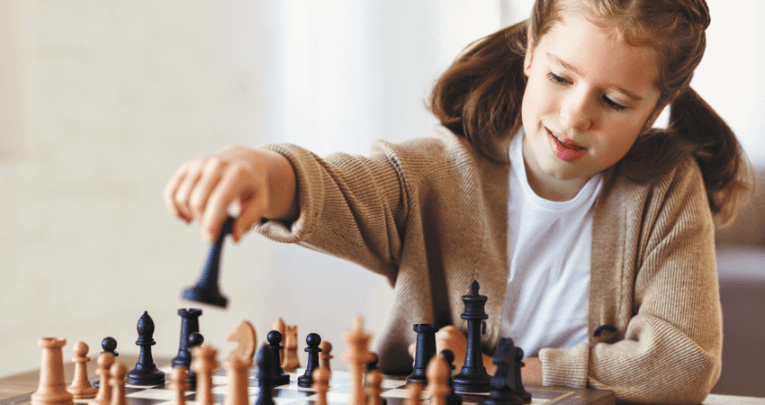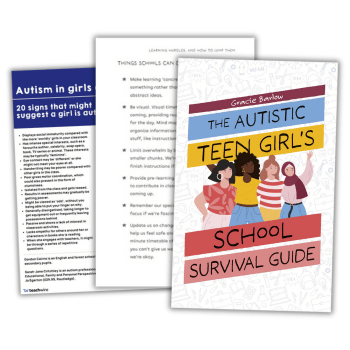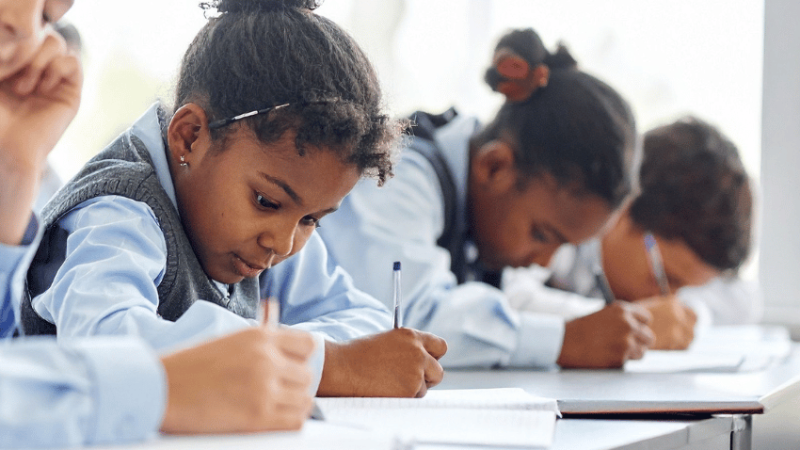Chess in schools – 8 ways to make it work

There’s little evidence that chess has a direct and long-lasting effect on children’s intelligence, but it can have many other benefits…

You’ve probably read claims that playing chess improves children’s academic performance. This is often why many schools want to run chess clubs, or even put chess on the curriculum. But, as I outline in my book Chess for Schools, there’s little evidence that chess has a direct and long-lasting effect on children’s intelligence.
Rishi Sunak’s recent announcement that his government will provide funding package of £1 million in a bid to encourage disadvantaged school children in England to learn and play chess, has left me with mixed feelings.
Yes, there should be more money available to support our best players and train young talent. But should we be teaching chess in schools?
Don’t get me wrong: I’m very much in favour of promoting chess for children, especially in state schools. However, it needs to be done in the right way.
Having said that, there are very many other reasons why schools might want to promote chess, particularly for social development and to support those with special educational needs.
Here are eight ways primary schools can use chess:
Brain games
Brain games are a great way of improving children’s thinking skills.
In general, pupils will benefit more from learning to excel at simple games than playing complex games like chess badly. But there are very many simple games that can be played on a chess board, some of which use subsets of chess, which are ideal for this purpose.
One excellent competitive pre-chess game (pre-chess = games using pawns but not kings) sees the players starting with eight pawns each, the winner being the first player to get a pawn to the end of the board. You can even play with fewer pawns if you prefer, or give older or more-experienced players a handicap by removing one of their pawns at the start of the game.
Questions such as ‘Why did you play that move?’, ‘Why didn’t you play this move instead?’, ‘What do you think will happen next?’ will help children make choices and develop both logical and critical thinking.
Pre-chess games introduce generic skills such as thinking ahead and creating short-term plans. Again, these are vital life skills that can be taught playfully through simple games.
Mind sports
Most schools are very good at offering children the opportunity to compete in physical sports such as football and netball. But these activities don’t appeal to every child.
Those who don’t enjoy physical sports might prefer to compete at mind sports such as chess. You can run internal competitions between classes, houses or whatever you want.
There’s no reason why girls can’t play chess just as well as boys, so you might choose to insist that each team has an equal number of boys and girls. One way to do it is to have six children in each team, with every child playing one game against a member of the opposing team.
Quiet play
Again, not all children enjoy the hurly-burly of school playgrounds. It’s good to provide quiet activities as an alternative at break and lunchtime. Chess and other board games can be used as an option for quiet play.
You’ll need supervision, of course, but keeping your chess sets locked away is a wasted opportunity. You might also consider outdoor tables with inlaid chess boards, or even installing a giant chess set in a quiet corner of the playground.
Classroom fillers
Chess isn’t the only game you can play with a chess set. There are many possible ‘minichess’ games and puzzles which can be taught and played in a few minutes.
One great example is the Eight Officers Puzzle, where you have to place eight pieces on the board so that none of them are on the same horizontal, vertical or diagonal line. Children then work in teams to solve the puzzle, developing collaborative skills.
If you have a spare five minutes at the end of a lesson, or within class time at the beginning or end of the day, why not teach your class a new ‘minichess’ game or show them a puzzle? You can then, if you want, use the game as the basis of an informal competition. NB: I have included links to a number of online minigames in my book Chess for Schools.
Learning support
There are all sorts of reasons why chess can be important for children with a wide range of special needs. For some children on the autism spectrum, chess – a game which takes place in a quiet, low-sensory environment – will become a lifelong special interest.
For some children with ADHD, chess and similar games may help them learn to direct their energy. Children with physical differences or poor motor skills may well find chess provides an outlet for their competitive urges.
The very nature of chess, with its different pieces with varying roles in the game, makes it ideal for telling stories which might help children with mental health challenges.
Talk to your learning support staff and explain how they can use chess. For example, teachers working with younger children might like to start with protochess games that teach a range of generic skills in the areas of concentration, focus, attention, impulse control and avoiding careless mistakes.
Protochess games use neither kings nor pawns and have aims such as capturing your opponent’s pieces. Strategy games like this can help children with simple communication skills, as well as concepts such as turn-taking, interaction with other children and learning to accept victory and defeat with equanimity.
Build a chess community
Chess works best in schools when the whole community is supportive and involved. Encourage teachers, as well as pupils, to learn and play chess.
Matches between pupils and teachers, which could be played using minichess games, are always popular with spectators. Parents should also be encouraged to learn so that they can help their children at home.
You could then run matches between parents and children, or even parents and teachers. Make sure there are chess sets available in common areas so that children can play before or after school.
Run a chess club
If you have a lot of children interested in chess, you’ll want to encourage the stronger players. This is where you’ll need an after-school club run by a strong player who is also a gifted teacher.
In many parts of the country, professional chess teachers are available who will be able to help you with this. You might also be able to find a volunteer by contacting your local adult chess club. Through this club, children will be able to take part in national competitions such as the Delancey UK Chess Challenge.
Engage with the chess community
Children who are really interested in chess might well want to continue their interest outside school. Find out about the chess clubs in your area so that you can point them in the right direction.
There are two types of chess clubs for children: community clubs run by volunteers offering a place to play along with some informal instruction, and professionally run centres of excellence, which provide higher level tuition and opportunities for more serious play.
Richard James has been teaching and organising chess for children since 1972. Between 1975 and 2006, Richard ran the highly successful Richmond Junior Chess Club, whose members included Luke McShane, Jonathan Rowson and other future grandmasters. His latest book, Chess for Schools (Crown House Publishing), is out now.











